AARP Hearing Center

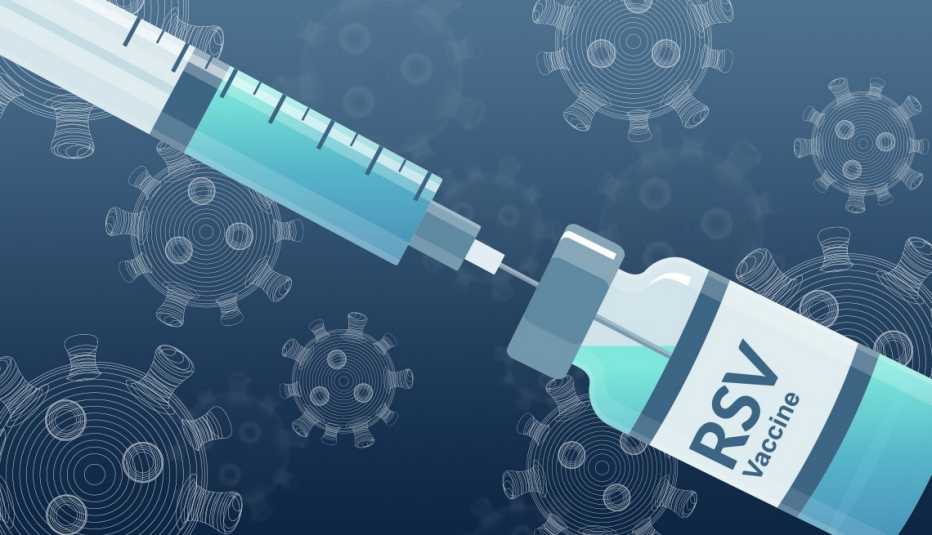
For the first time, adults 60 and older have a way to lower their risk of getting sick with RSV, or respiratory syncytial virus, a common bug that sends as many as 177,000 Americans 65-plus to the hospital each year.
Over the summer, the Food and Drug Administration (FDA) approved two RSV vaccines for adults 60 and older, and the shots became available in pharmacies and doctors’ offices in time for RSV season, which typically begins in the fall and peaks in the winter. (Under 60? The FDA also approved an RSV vaccine for pregnant women and two RSV monoclonal antibodies for infants.)
But so far, few adults have rolled up their sleeves for the vaccine. About 22 percent of Americans 60 and older had received the shot as of Feb. 23, the Centers for Disease Control and Prevention (CDC) reports.
A few reasons could be contributing to the low uptake, says William Schaffner, M.D., an infectious disease specialist and professor of medicine at Vanderbilt University School of Medicine in Nashville.
“The first is, it’s new,” Schaffner says. “It’s new to practitioners, and it’s new to patients. And they’re having to learn about RSV in older adults and how important it is.”
While often thought of as an illness that affects mostly babies and young children, RSV can be dangerous for older adults too — especially those with underlying health conditions. The CDC reports that as many as 10,000 older Americans die each year from an RSV infection, which is comparable to the number of deaths we see from flu.
During the 2022–23 flu season, about 15,400 adults 65 and older died from influenza; the previous year, 4,115 older Americans succumbed to the flu, according to CDC data. So far this season, nearly 74 percent of adults 65 and older have received a flu shot.
“I think that people don’t always recognize the actual burden of disease in older adults from RSV,” says Hilary Marston, M.D., chief medical officer of the FDA. Indeed, research from AARP found that the most common reason survey respondents gave for not getting vaccinated against RSV was that they didn’t need it. “There really is quite a bit of both morbidity and mortality in older adults from RSV,” Marston points out.
Health insurance coverage may be another factor feeding the low vaccination rates, Schaffner says. Unlike the flu and COVID-19 vaccines, which are covered under Medicare Part B, the RSV vaccine is covered under Part D. “And not every Medicare recipient has elected Part D,” Schaffner adds. Part B covers doctor visits and other outpatient services while Part D helps pay for prescription drugs mostly dispensed at pharmacies.
Even for those who do have the prescription drug plan, Part D vaccines are not always offered at the doctor’s office, so patients have to make a separate trip to a pharmacy to get the shot, Schaffner explains.
For those ages 60 to 64, private insurance plans are required to cover the RSV vaccine, but “not every medical insurance program has yet integrated RSV into their benefits packages,” Schaffner says.
The RSV vaccines cost around $300 on the commercial market.


































































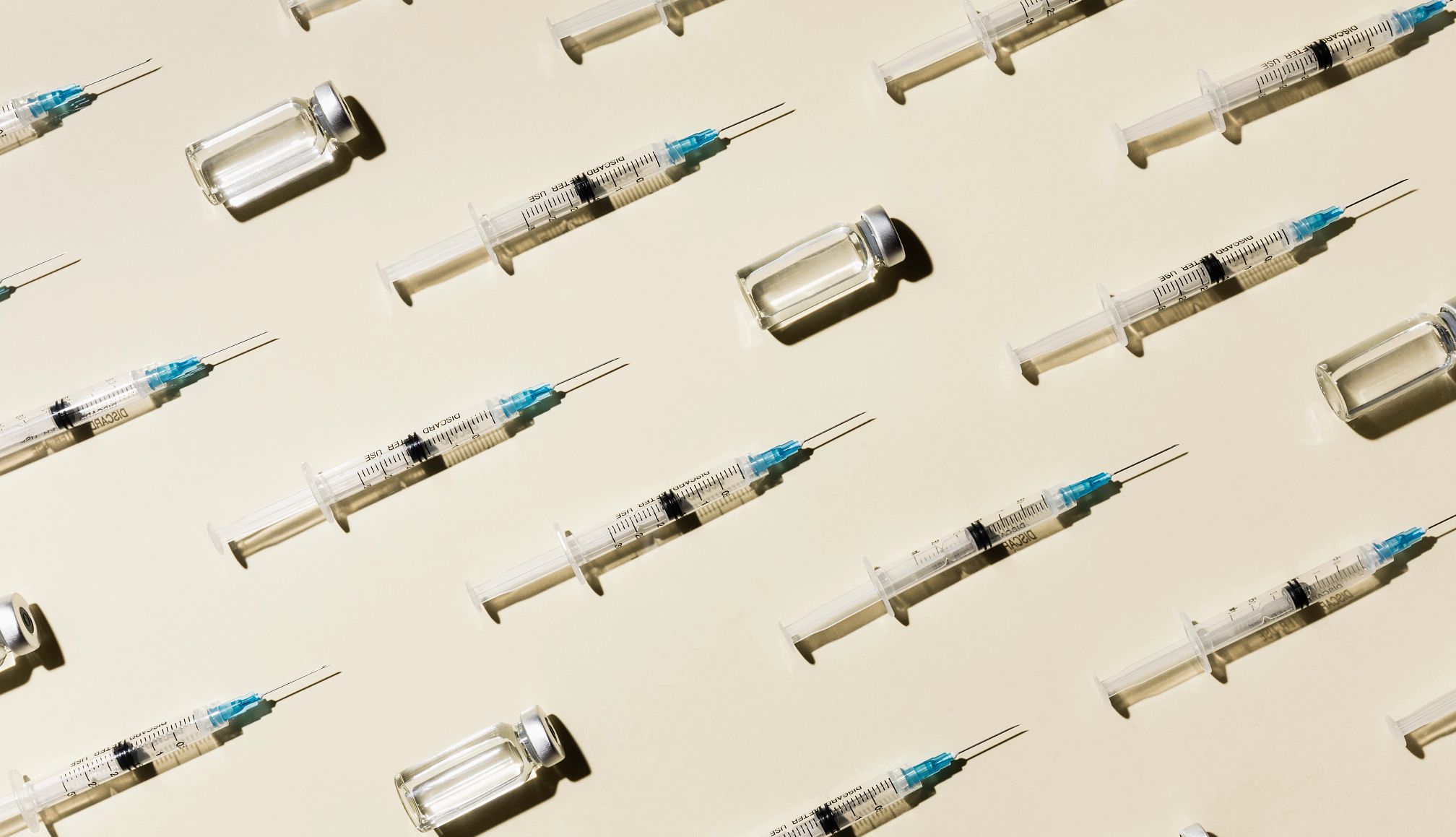
))
))
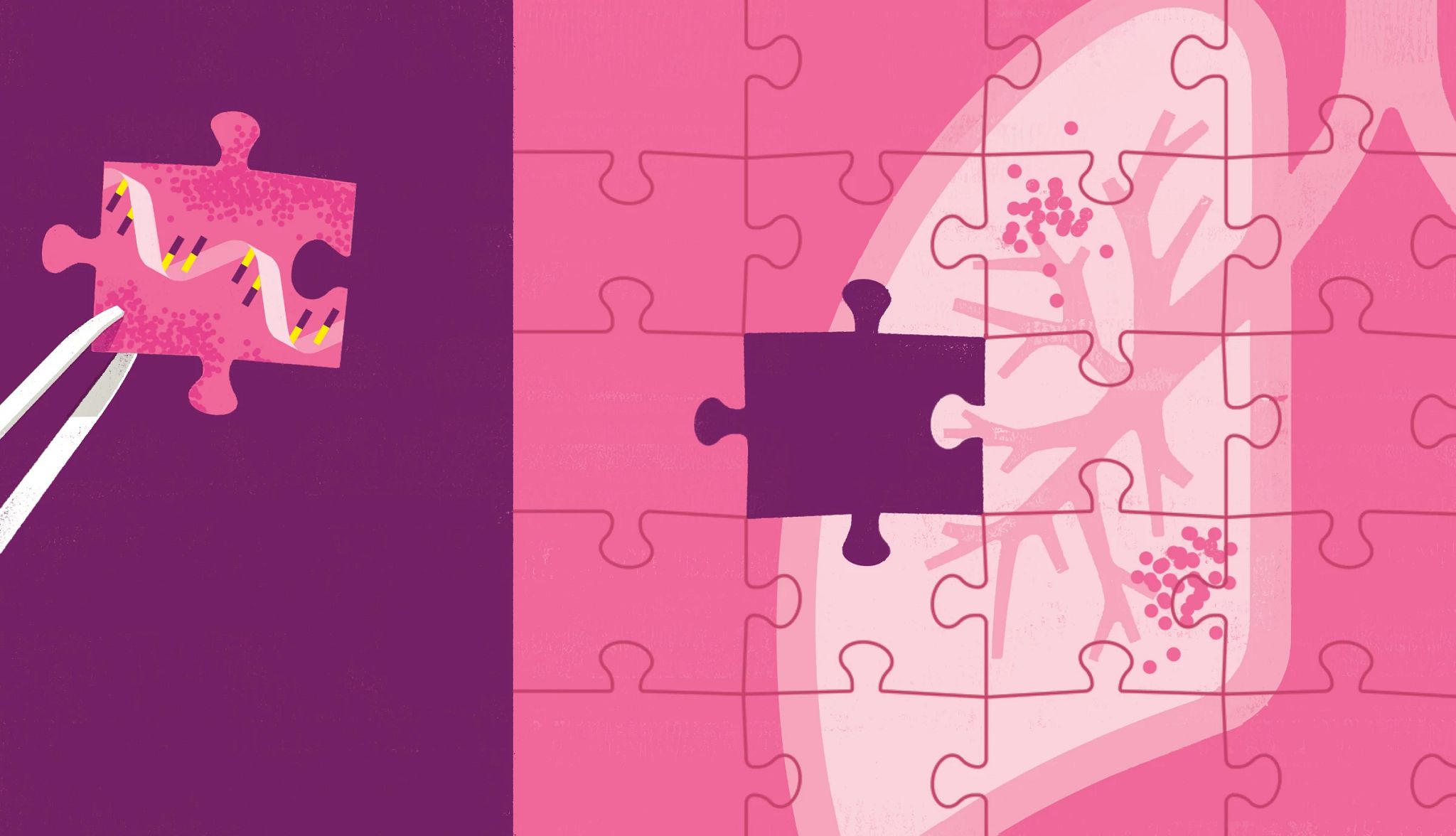
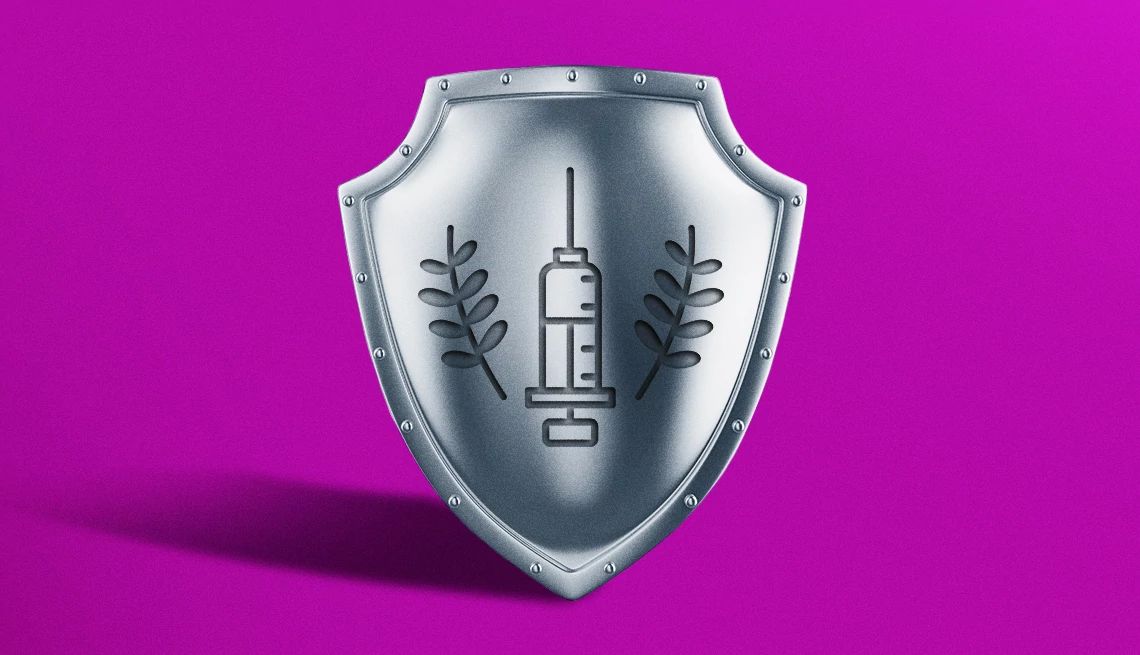
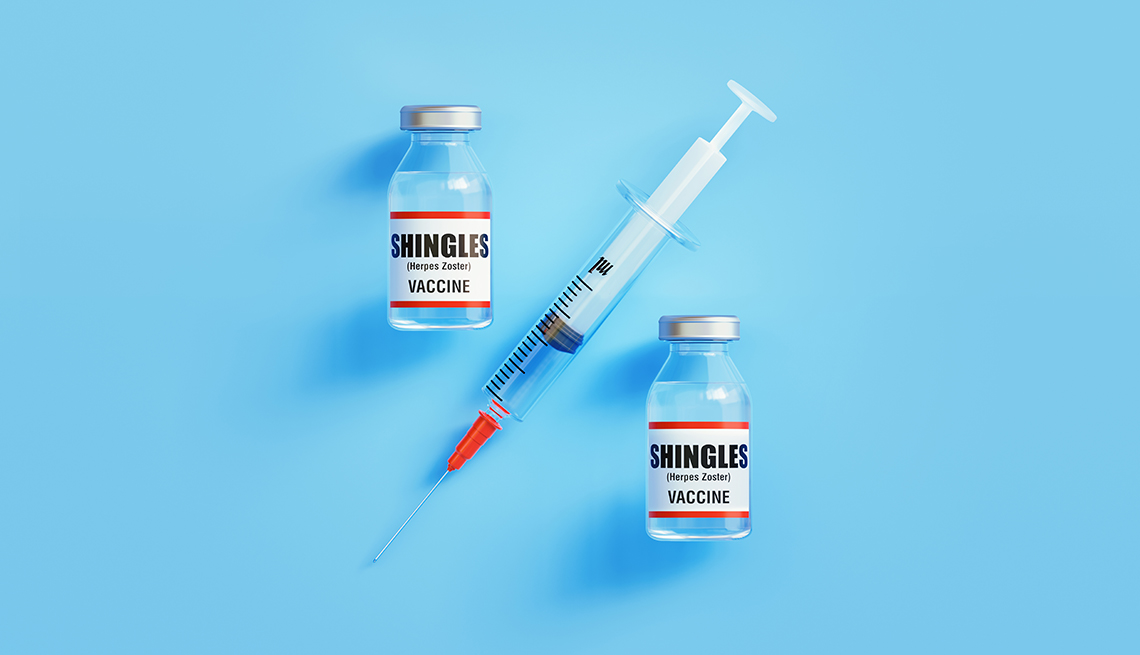


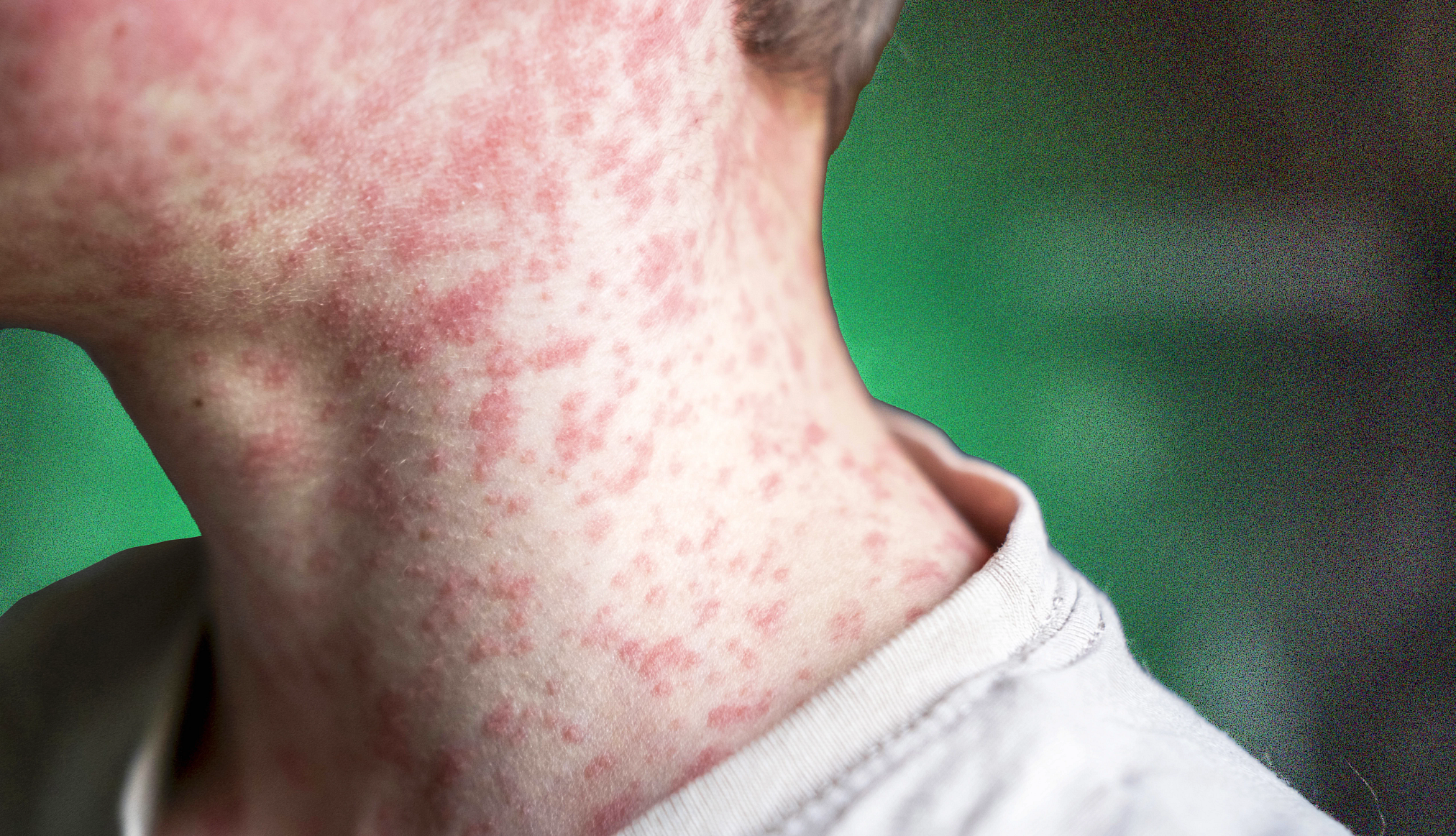
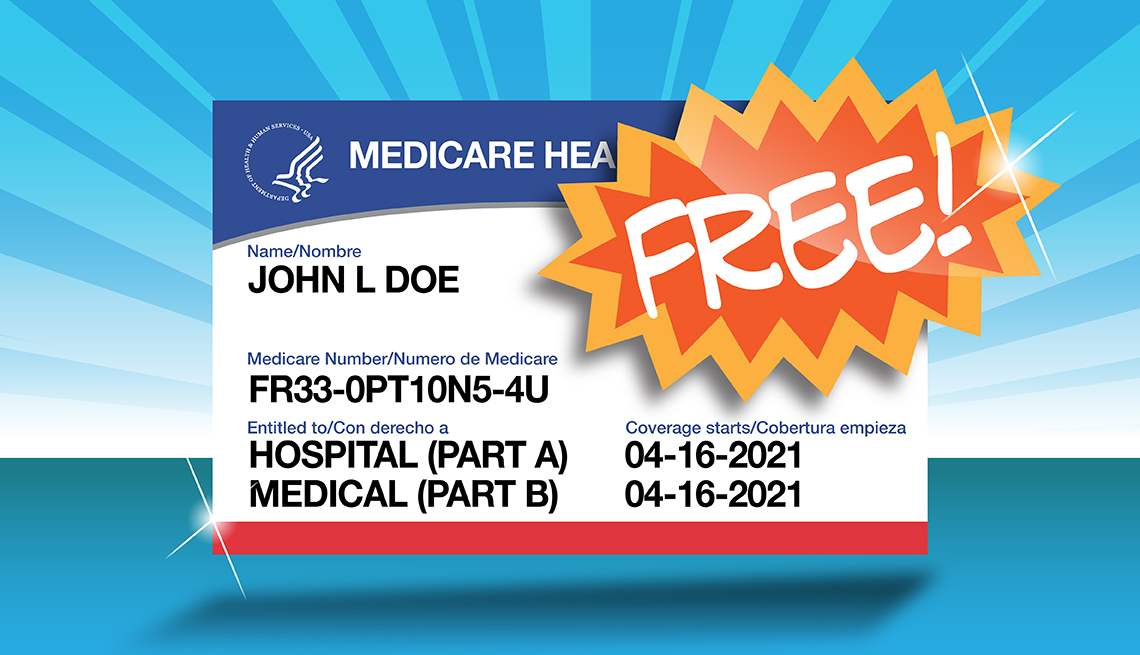

)
)






More on Health
Scientists Make Progress on Cancer Vaccines
Researchers work on vaccines to prevent and treat cancerAre COVID Vaccines Still Free?
Feds no longer paying the bill
What to Know About the Common Virus HMPV
Vaccines are being studied but are not available yet